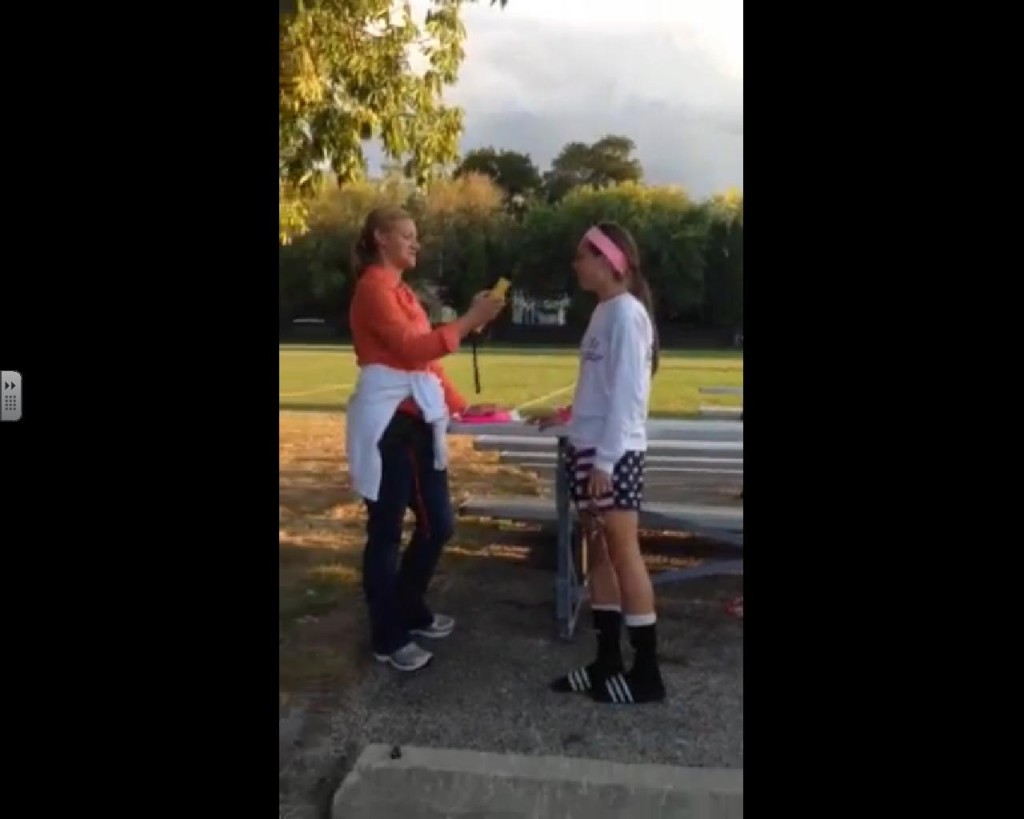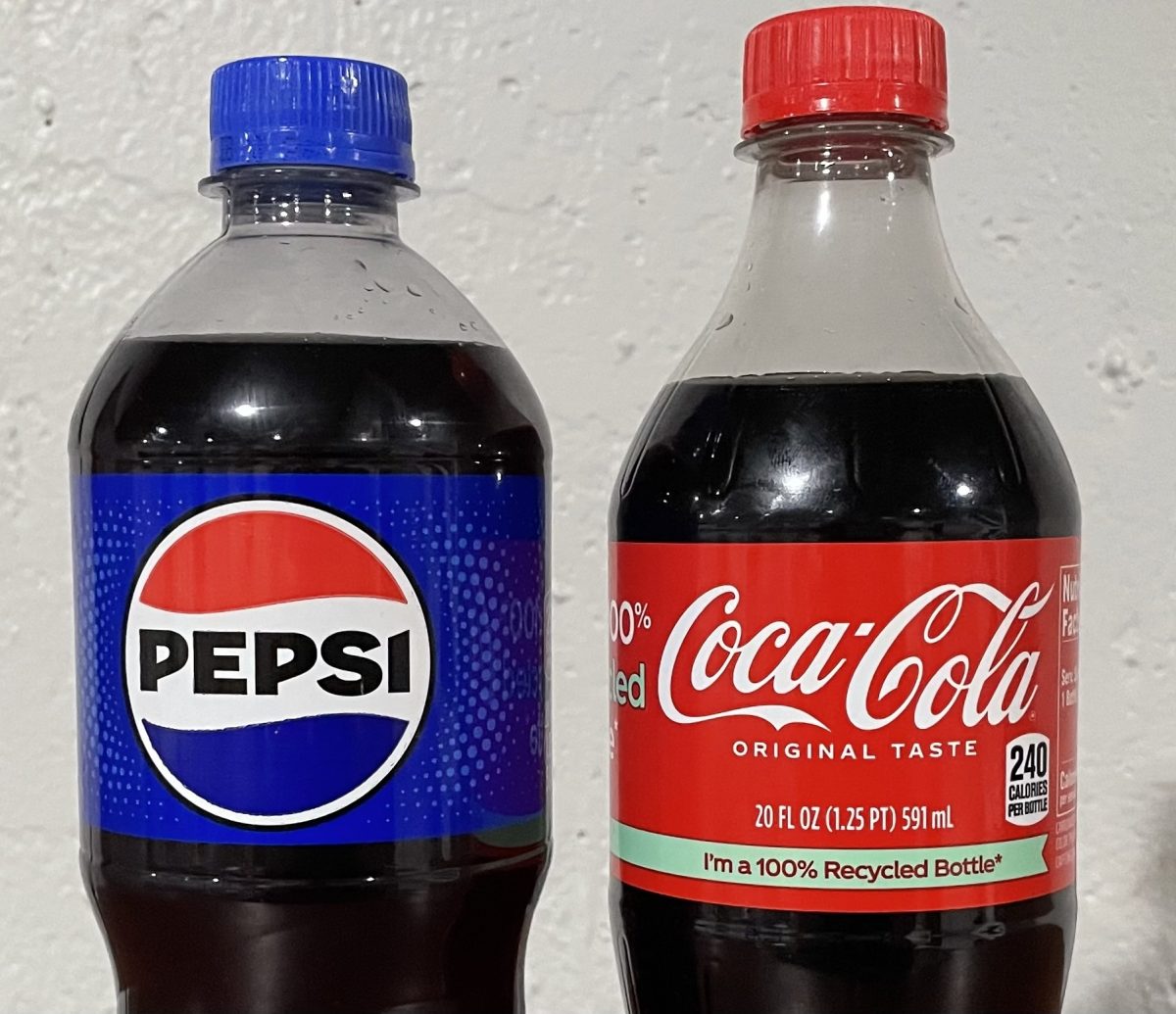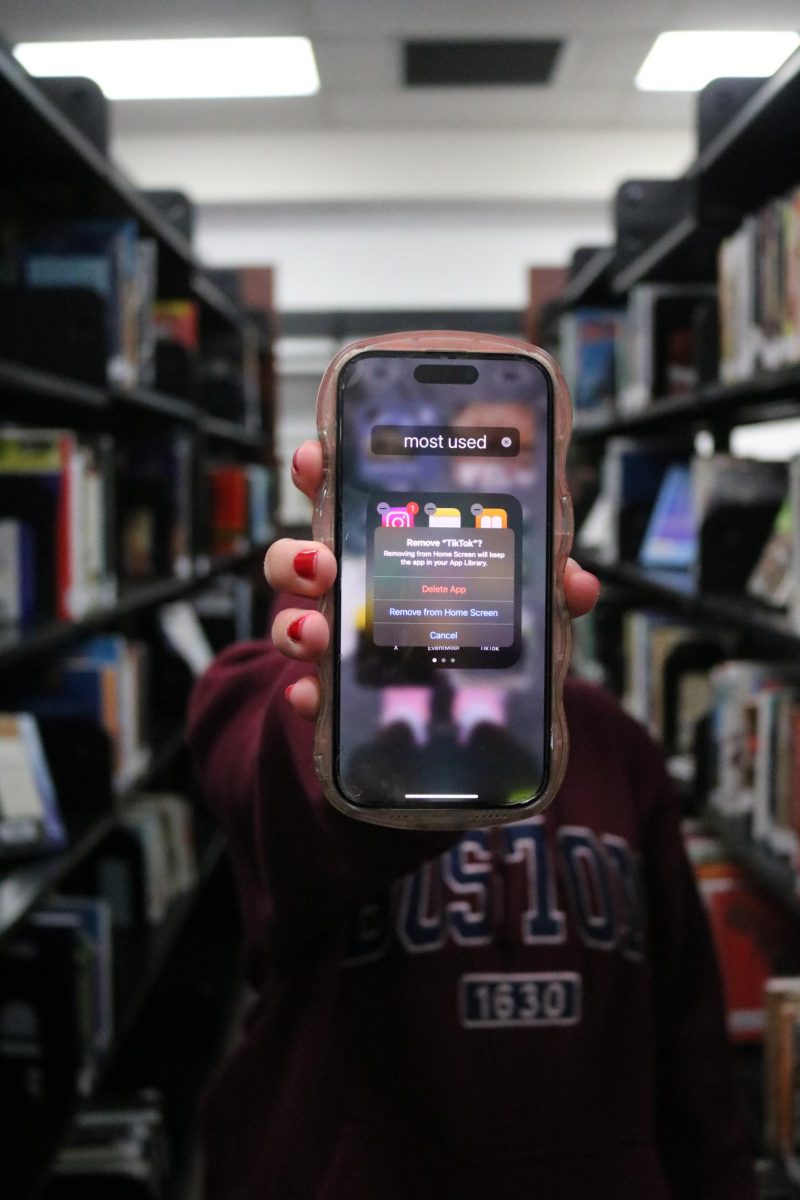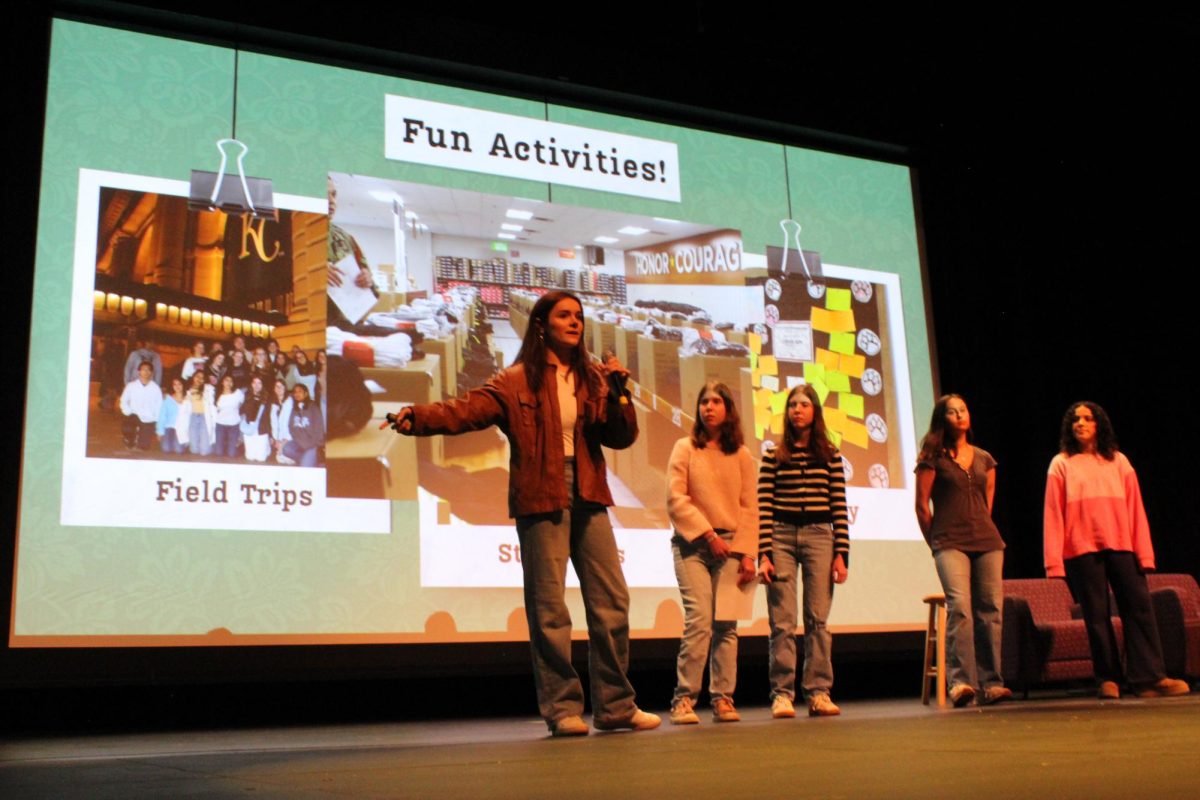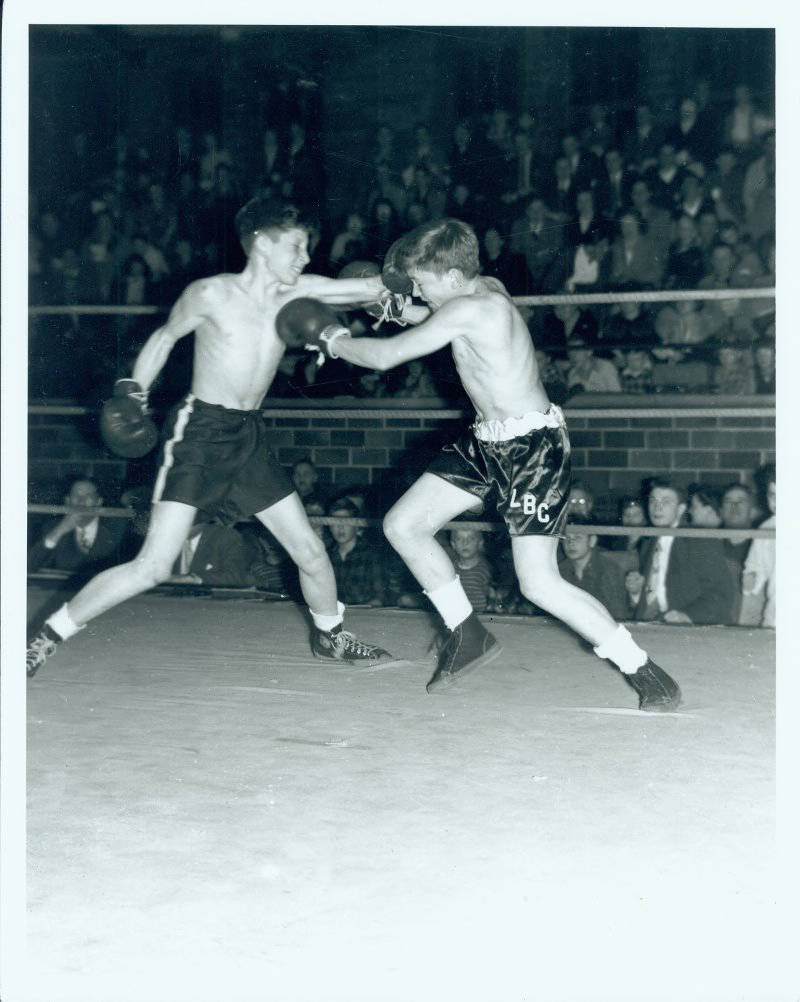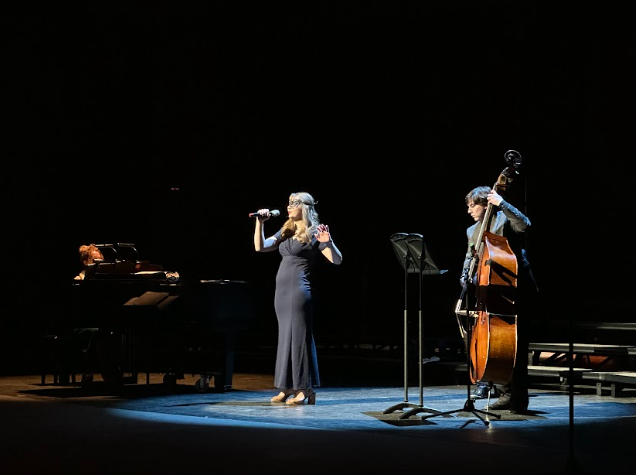Controversy has amassed among the halls of LHS in response to an administrative decision to utilize alcohol presence testing prior to entrance at the home football game Thursday, September 12.
While the facts of the genuine incident are wholly unclear to the majority of the student body, what presents itself to be evident without dispute is that a number of students participating in the pre-game tailgating tradition at Brainerd, selected at random, were asked to submit to an alcohol wand test before being admitted to the game. Once the selected students had voluntarily undergone the test and had shown proof of an activity pass or an equivalent monetary payment, they were then awarded an admission wristband, which provided them immediate access to the game.
Unlike a breathalyzer or Potable Breath Test, which gives a specific numerical reading and can be administered to a student if he/she is apparently intoxicated, the wand only indicates whether or not alcohol is present and cannot be used as evidence in court.
The pre-game screening measures were, according to Officer Bob Uliks, implemented in response to reasonable suspicion of underage drinking that had arisen during the festivities of the year’s opening game and as a means to assure the safety of both LHS students and those contingent of their actions. Contrary to popular student belief, however, those asked to submit to the test were not abridged of any rights, as the student handbook section entitled “search and seizure” clearly states that the administration warrants the right to conduct searches of student’s “personal effects” as a means of maintaining order and security in the school.
School officials have also made it clear that the Brainerd property is included as a part of the school grounds, which is why the administration was able to perform alcohol presence tests at tailgating. Further, the handbook details the fact that such searches can be conducted “without notice to or consent of the student and without a search warrant.”
Senior Joey Nedland expressed his approval of the wand system as a means to ensure peaceful accordance at games: “I think [it] could be a good thing for everyone because we all know how out-of-hand drunk teenagers can get; preventing it from getting into the football games keeps all fans, especially parents and alumni, happy.”
While there are those students who feel that the pre-game wand testing will provide for a safer, more harmonious environment, others find the administration’s recent methods to be generally unnecessary, and feel the screening process will do nothing to stop alcohol use.
“I don’t think [using the wand] before the football games will really do much to stop teens from drinking when you look at the big picture. I honestly think that the whole thing just made the students feel targeted and untrusted, especially since it was only the kids at Brainerd who were asked to submit,” said Molly Yrigoyen, a senior participant in Thursday’s tailgating who was not tested.
The wand system has been used at other recent school events, including two football games and Homecoming in 2012, and has been exercised for nearly a decade to test individual students at random or when suspicion is brought forward, according Mr. Maroscher. Although the administration has not yet affirmed an executive decision as to the continuation of pre-game alcohol testing at every event, those responsible feel it is their utmost duty to ensure students’ safety at school events, and if that means conducting periodical faculty searches, they reserve the right to do so.
“I would like to think that everything we do helps. We can’t be in control of what students are doing 24 hours a day, but when they’re here at school or at an event that’s definitely our job,” said Officer Uliks.



